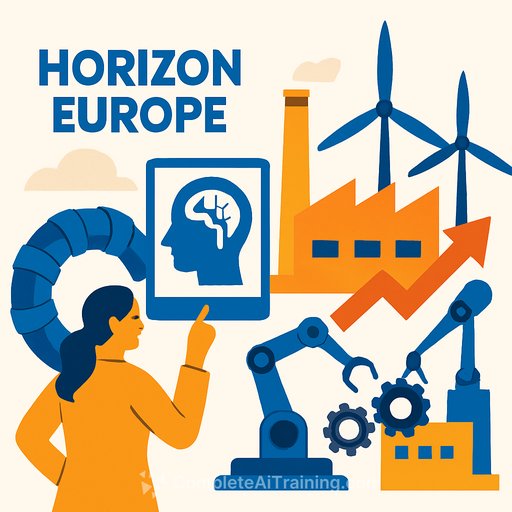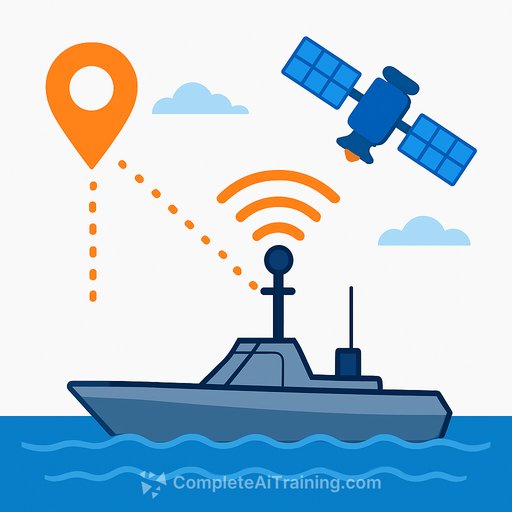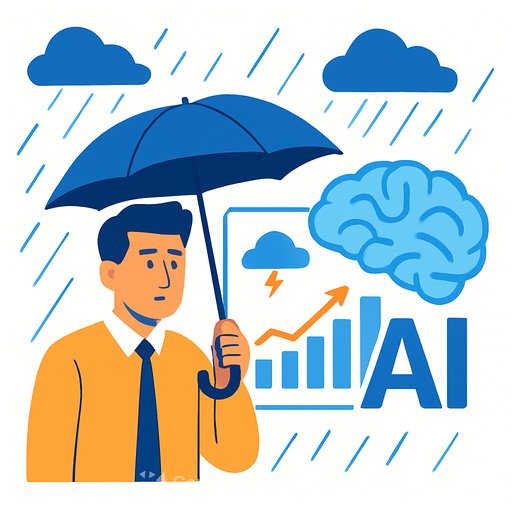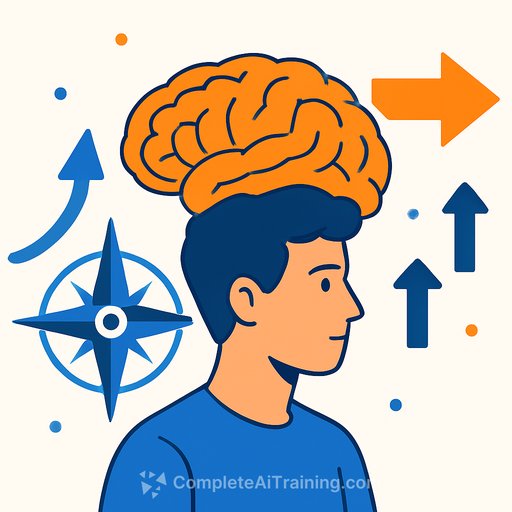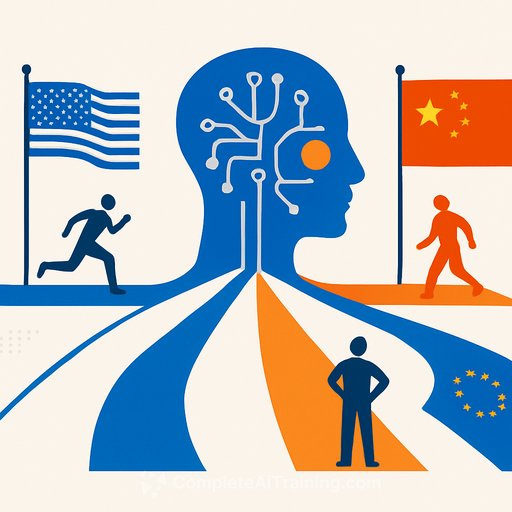Horizon Europe's new horizontal pilots: AI in science and the Clean Industrial Deal
The European Commission is trialling a horizontal work programme in Horizon Europe for 2026-27. It elevates cross-cutting calls in two areas: artificial intelligence for science and industrial decarbonisation under the Clean Industrial Deal.
The result: focused pilots, clearer expectations, and larger, open topics that push applicants to combine research excellence with market readiness.
AI in science pilots (2026-27)
Five AI topics will pilot the Commission's AI in science strategy and lay the groundwork for Raise, a virtual institute often described as a "CERN for AI." Nearly €100 million will be drawn from Cluster 4 and Cluster 6.
Pilot networks of AI labs (€28m)
Two topics will establish pilot networks applying AI to research in specific disciplines, with emphasis on agricultural and environmental pollution sciences. Future networks could span life sciences/biotech, rare diseases, space/satellite data, sustainable chemistry, the bioeconomy, and the circular economy.
Automated research environments (€33m)
Projects will boost the efficiency, productivity, and reproducibility of science through automated research environments with AI-driven decision-making. Labs with advanced automation will design the intelligence layer that can plan, run, and analyze experiments, supported by secure data management and storage systems.
Raise doctoral networks
A final topic will set up Raise doctoral networks, building on the 2026 Marie Skłodowska-Curie Actions. The goal: train researchers to use AI-driven tools across disciplines, improve employability, and strengthen communication with both peers and the public.
What the Commission expects from proposers (AI)
- Identify research challenges where AI can drive scientific progress and reinforce the AI community in your field.
- Propose exchange schemes (e.g., jointly supervised fellowships, matchmaking events) to build talent pipelines.
- Plan industry collaborations and co-development when appropriate.
- Develop standards and benchmarks for models, datasets, and evaluation.
Clean Industrial Deal: decarbonisation calls
The decarbonisation track features two large, open topics. Proposals must go beyond technical feasibility and include a solid business plan and market-readiness strategy backed by company management.
Topic 1: Decarbonising energy-intensive industries
Budget: €125 million in 2026 and €125 million in 2027.
- Carbon capture, utilisation and storage (CCUS).
- Clean energy usage in production, including integrating clean energy carriers and upgrading waste heat.
- Circularity and resource efficiency of production processes.
Topic 2: Clean technologies for climate action
Budget: €150 million in 2026 and €140 million in 2027 (with a two-year total of €540 million across both decarbonisation topics).
- Integrated net-zero emissions energy systems.
- Enhanced zero-emission power technologies.
- Storage technologies, renewable fuels, and carbon capture and utilisation.
Applicants should avoid solutions that harm biodiversity and ecosystems. Coordination is encouraged with related efforts such as Processes4Planet and the Clean Steel Partnership.
Budgets at a glance
- AI in science pilots: ~€100 million (Clusters 4 and 6).
- Pilot networks of AI labs: €28 million total (two topics).
- Automated research environments: €33 million.
- Raise doctoral networks: amount not specified in the draft.
- Decarbonising energy-intensive industries: €125m (2026) + €125m (2027).
- Clean technologies for climate action: €150m (2026) + €140m (2027).
- Total for decarbonisation topics (2026-27): €540 million.
How to prepare now
- Map high-impact AI use cases in your discipline; define data needs and evaluation metrics early.
- Audit lab automation maturity and data governance; plan the "intelligence layer" and secure storage.
- Assemble cross-disciplinary consortia with industry participation and clear IP/data-sharing frameworks.
- Design exchange schemes (co-supervised PhDs, visiting fellows) that build durable networks.
- Draft a credible business plan and market-readiness roadmap; involve company management from the start.
- Align with relevant partnerships and ongoing projects to avoid duplication and enable synergies.
- Include biodiversity and ecosystem impact screening in technology choices.
- Develop a training plan for AI skills-especially for doctoral networks and lab staff; for curated options by role, see AI courses by job.
Bottom line
The horizontal approach concentrates funding where cross-field integration matters most: AI-enabled science and industrial decarbonisation. Teams that pair strong research with automation, data discipline, industry ties, and a viable route to market will stand out.
Your membership also unlocks:

